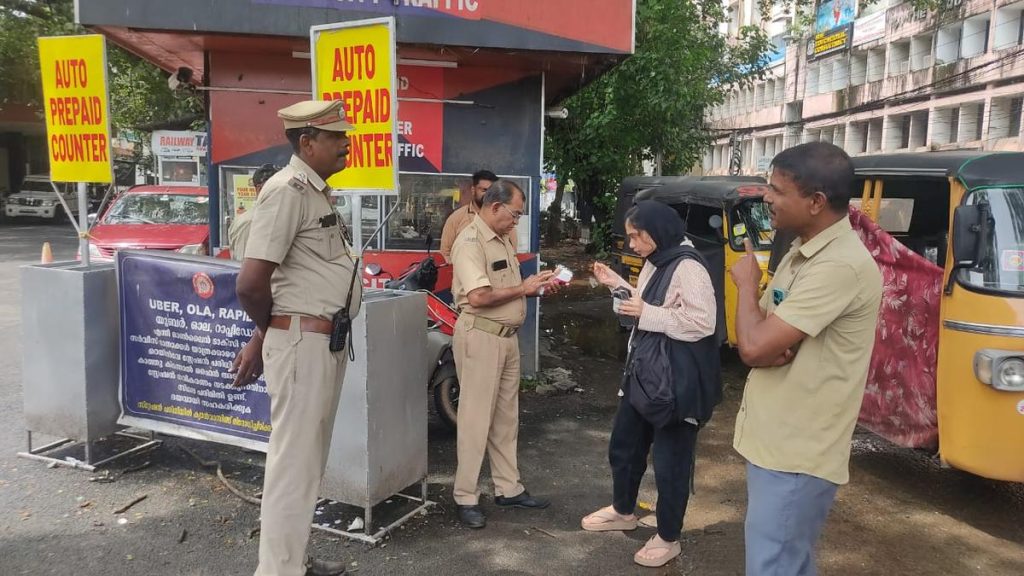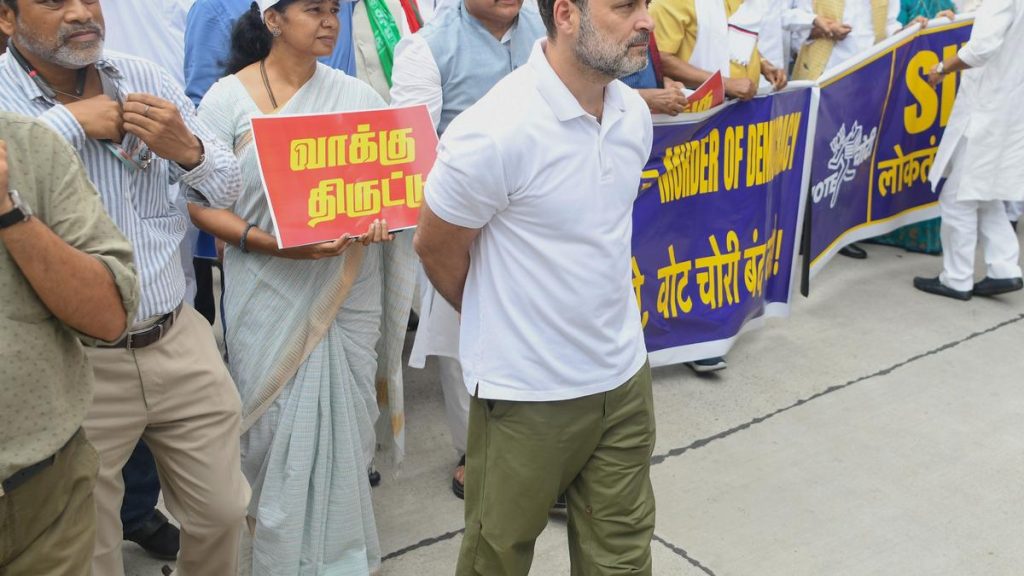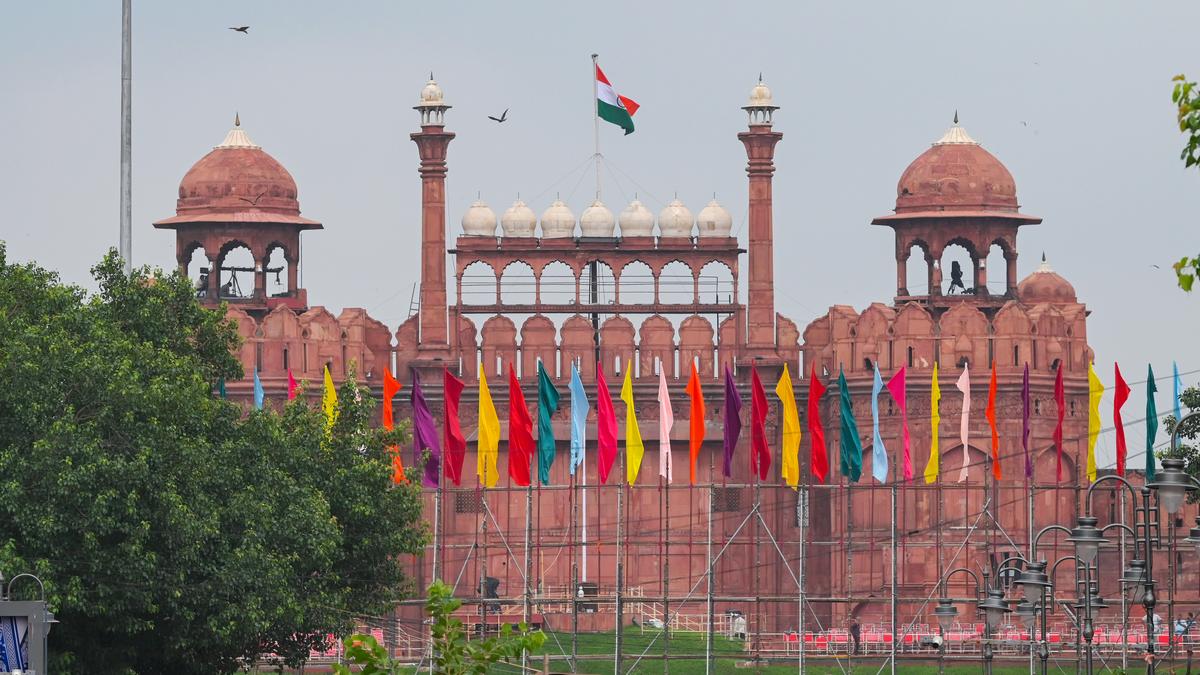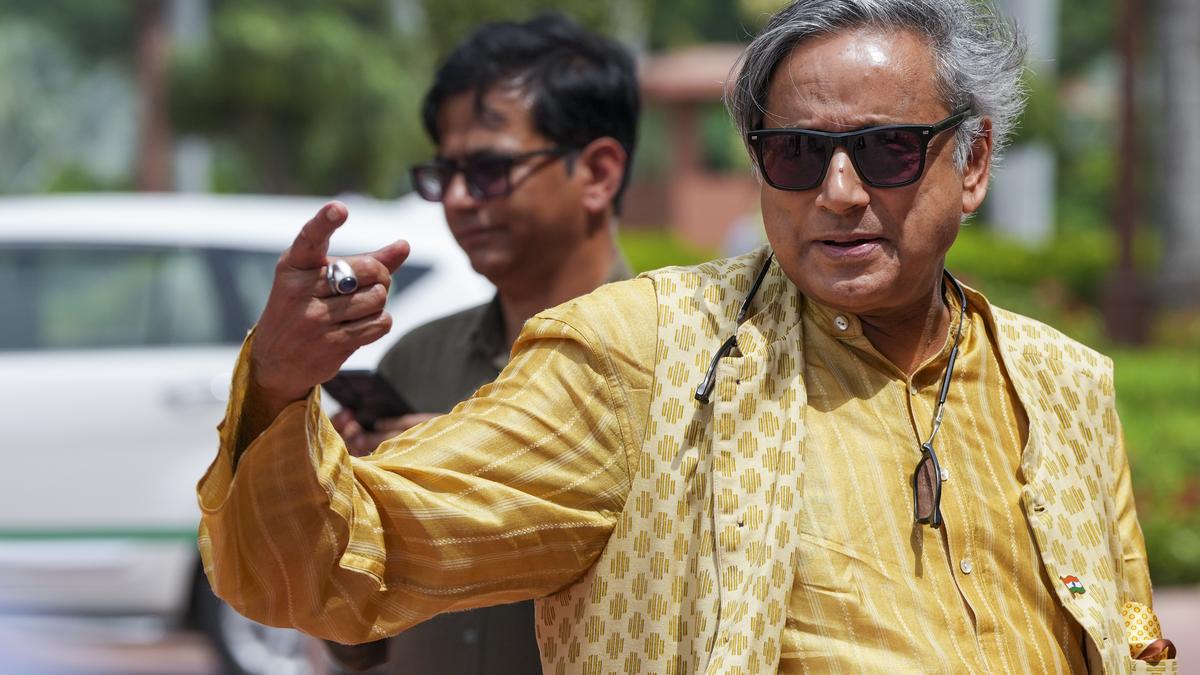Now Reading: Government Mulls Increasing Income Limit for ST Student Scholarships
-
01
Government Mulls Increasing Income Limit for ST Student Scholarships
Government Mulls Increasing Income Limit for ST Student Scholarships

Fast Summary
- The Union government is contemplating raising parental income limits for post and pre-matric scholarships for Scheduled Tribe (ST) students from ₹2.5 lakh to ₹4.5 lakh for the financial cycle 2026-27 to 2030-31.
- Revisions in income eligibility are also being considered for scholarships targeting Scheduled Castes (SC), Other backward Classes (OBCs), Extremely Backward classes (EBCs), and Denotified Tribes (DNTs).
- Discussions are underway in the Tribal Affairs and Social Justice Ministries, with the Social Justice Ministry planning a stakeholder meeting with state governments by late August 2025.
- Proposals will be submitted to the Expenditure Finance Committee between September and November, which will give final approval for revisions.
- Scholarship schemes include Centrally sponsored ones funded on a 60:40 ratio between Union and State governments as well as several Central sector schemes like National Overseas Scholarships whose income limits range from ₹5 lakh to ₹8 lakh depending on caste category.
- Parliamentary committees have recommended increasing parental income limits, stating that current limits restrict coverage of scholarship programs.
- For FY 2025-26, scholarship schemes accounted for significant portions of budget allocations: ~66.7% in Social Justice Ministry’s budget of ₹13,611 crore and ~18.6% in Tribal Affairs Ministry’s allocation of ₹14,925 crore.
Indian Opinion Analysis
This proposal reflects an attempt by the government to broaden accessibility to educational scholarships across marginalized communities by addressing outdated parental income thresholds that currently limit inclusivity.The increase could potentially enable more families-especially those slightly above existing cutoffs-to access educational support crucial for upward social mobility within SC/ST/OBC/EBC/DNT groups.
Though, operational challenges may emerge due to funding adjustments required at state levels under Centrally sponsored frameworks using a 60:40 cost-sharing model; ensuring adequate state contributions may influence program sustainability regionally.
The policy deliberations align with larger welfare goals focused on bridging societal inequities while maintaining fiscal restraints via targeted outreach programs based on economic ceilings per student group-a balancing act requiring inter-ministerial coordination toward execution efficacy.
Read More: Link

























